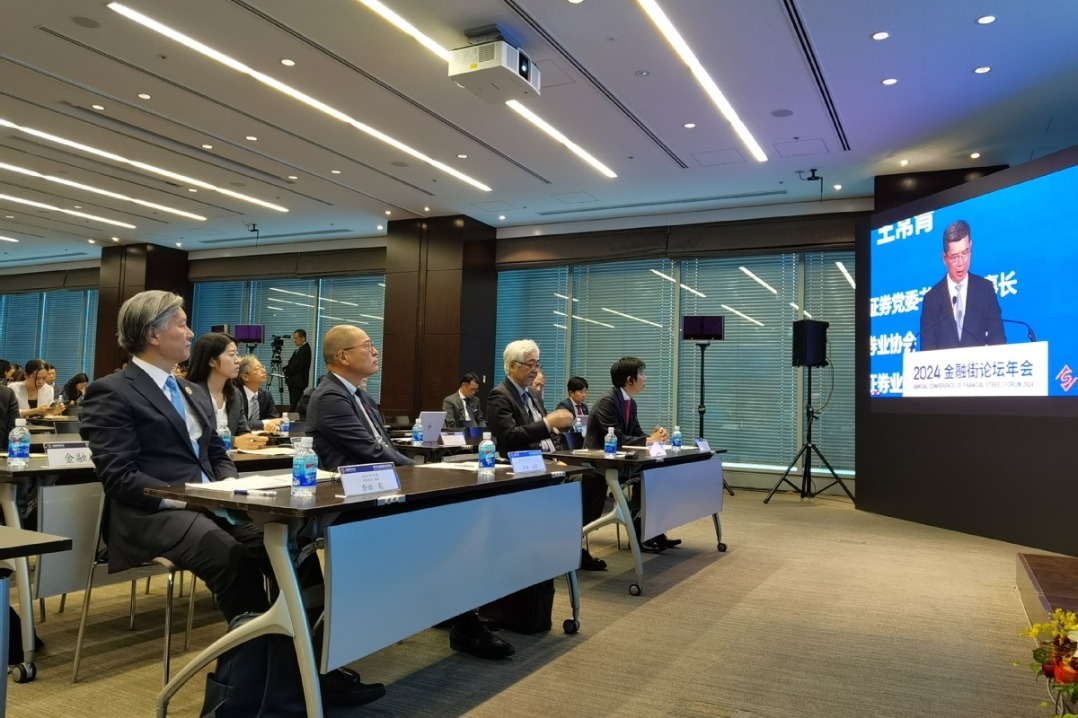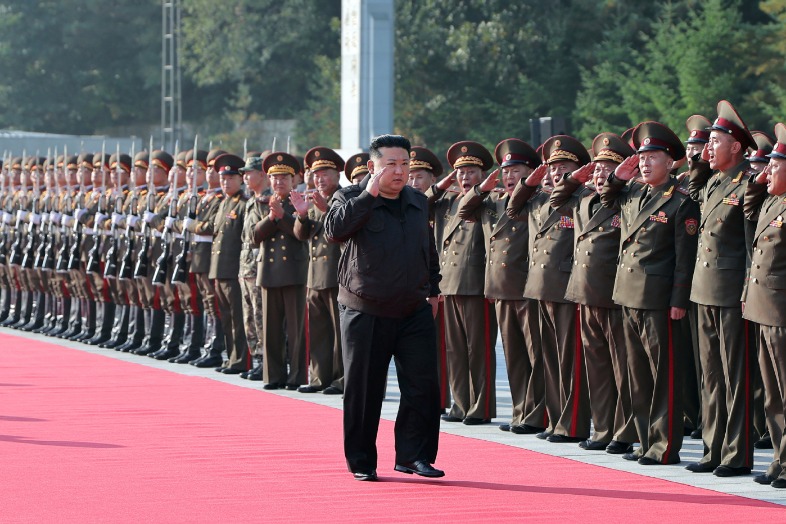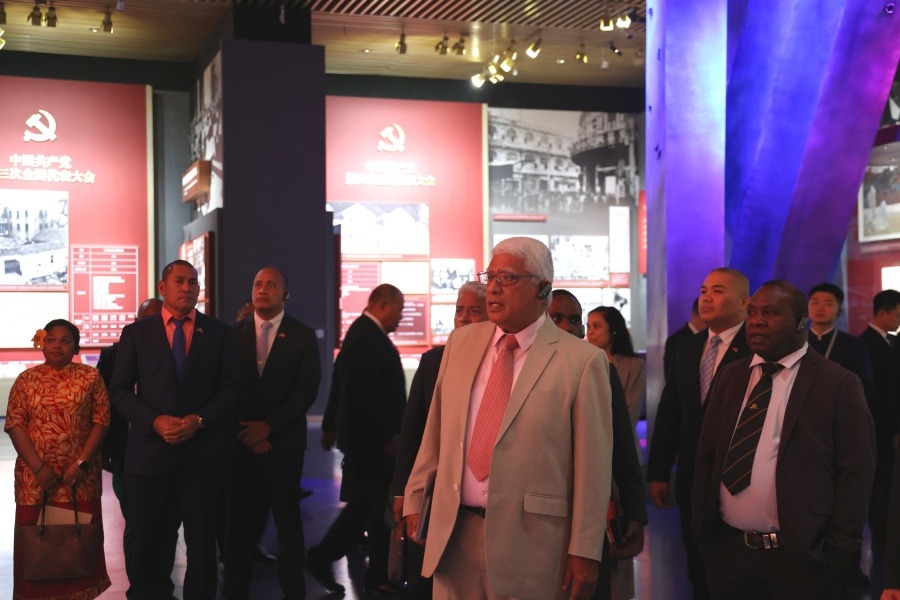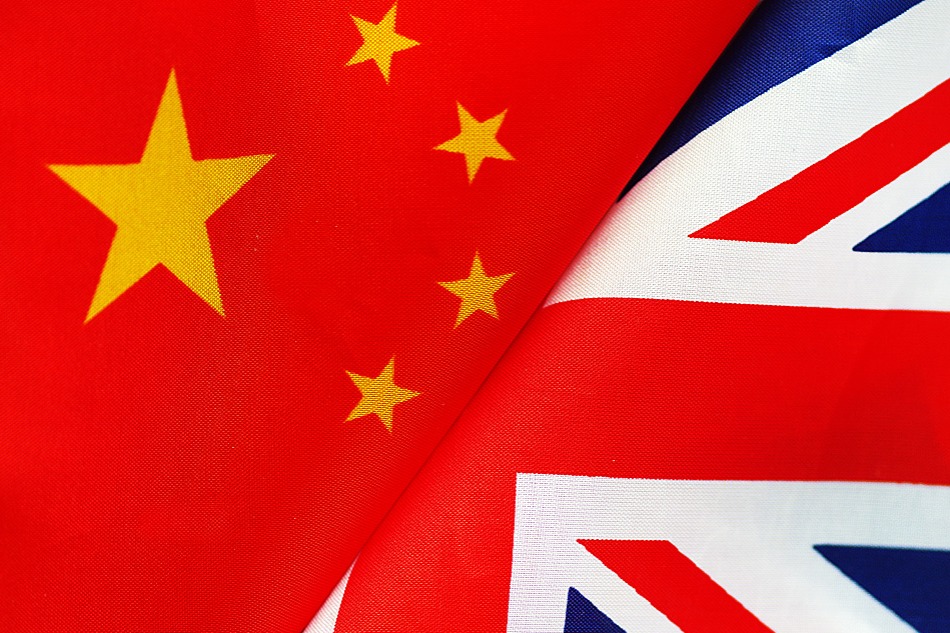Deeper educational exchanges urged

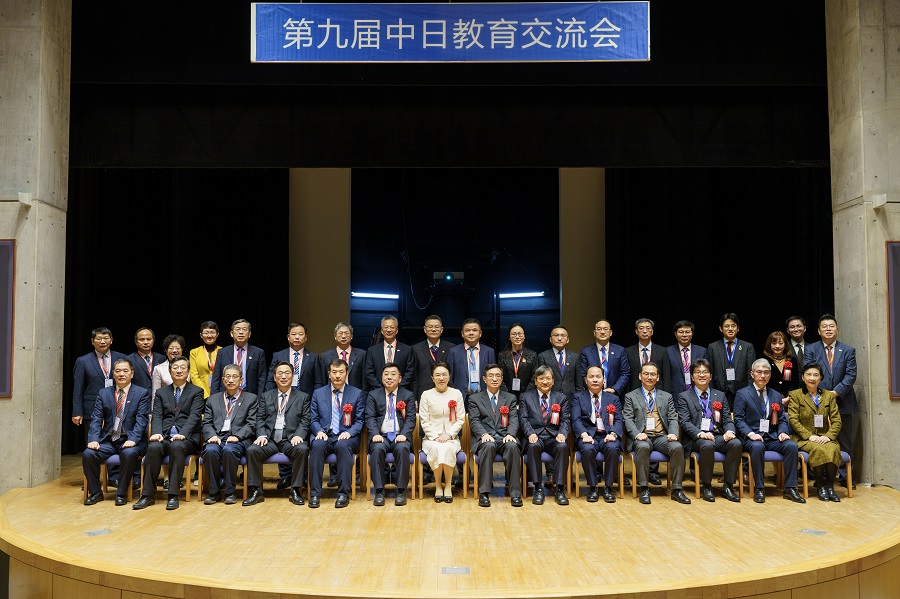
Educators from China and Japan have called for joint efforts to further promote comprehensive, multilevel collaboration in education to deepen mutual understanding and communication between the two peoples.
"I hope that schools and educators from both countries can promote cultural exchange and people-to-people interactions by engaging in wide-ranging and multidimensional educational exchanges and cooperation," said Fu Bo, deputy secretary-general of the China Education Association for International Exchange, at the ninth China-Japan Conference on Education Exchange and Cooperation, which opened in Tokyo on Tuesday.
"This is especially important in strengthening the exchange and interaction among young people, contributing to the healthy and stable development of China-Japan relations."
More than 100 educational institutions from both countries are taking part in the three-day event.
"Through this conference we hope to discuss teaching policies that align with 21st-century development, especially in the post-COVID-19 era," Yoshihiro Watanabe, executive vice-president for cultural affairs at Waseda University in Tokyo, said. "We anticipate lively discussions among educators from China and Japan on how to collaborate in the areas of cultivating future talent, implementing globalized education and strengthening university-level exchanges."
Last year about 100,000 international students from China studied in Japan, accounting for about half of Japan's total international student body.
In 2019 about 6,000 Japanese studied in China, said Yosuke Kobayashi, director of international affairs at the Higher Education Bureau of Japan's Ministry of Education, Culture, Sports, Science and Technology.
Collaborative research
Additionally, universities in China and Japan are engaged in collaborative research across various fields. There are 9,000 exchange agreements between universities in the two countries, and 130 Japanese universities have established offices in China, Kobayashi said.
Du Kewei, counselor of the education section at the Chinese embassy in Japan, said the fundamental approach to fostering people-to-people connectivity is through cultural and humanistic exchange, which plays a crucial role as a stabilizer of national relations, a catalyst for practical cooperation and a facilitator of people-to-people friendships.
"By promoting cultural and humanistic exchange, advancing mutually beneficial cooperation, and addressing differences appropriately, we strive to construct a China-Japan relationship that meets the requirements of the new era," Du said.
Chiang Cheng-yin, adviser to the dean of academic affairs at the international affairs division of Waseda University, said he hopes Japanese students who wish to study in China can have a good understanding of China and approach it with an open mind.
"Sometimes we take students to visit top Chinese enterprises, and many students are very surprised because it is completely different from what they see on Japanese television," Chiang said. "They have the opportunity to gain an objective understanding of China."
















